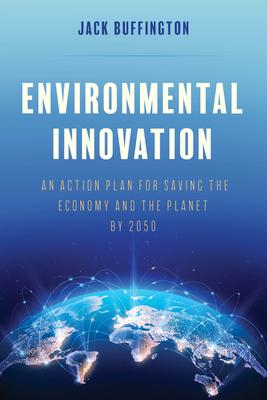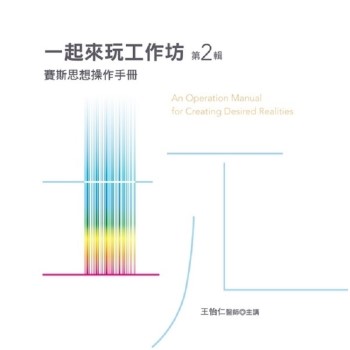A guide for our future that Booklist praises as "a practical and compelling deep dive into high-level solutions to address climate change, its impact on the economy, and our very survival."
Defines the challenges facing climate goals and offers achievable solutions to meet these goals by 2050--without sacrificing economic growth.
Climate change and other environmental dangers are considered an existential threat, yet mankind is falling further behind in addressing these challenges. Policies aimed at fixing these issues have consistently missed the mark by focusing on the symptoms, such as CO2 emissions, rather than the root cause problems, such as the limitations of human systems and global poverty.
In Environmental Innovation, Jack Buffington provides a unique perspective on environmental sustainability and how it can be addressed: rather than assuming humans can solve environmental challenges as a global community and indirectly blaming poverty and overpopulation on the poor, Buffington points to 21st-century solutions to reduce poverty levels, transform human systems, and enable environmental innovation. If we correct the failures of environmental policy that has existed for five decades, there are great possibilities for solving the planet’s existential crisis. Buffington also highlights innovation opportunities in energy, food systems, water, materials, geopolitics, and ecosystems.
Ultimately, Environmental Innovation provides a comprehensive perspective of how the world needs to define the problem of environmental sustainability, with specific focus on the great divide between the rich Global North and the poor and developing Global South. Readers will come away with a clear, detailed roadmap for how environmental sustainability can be achieved by 2050 and what technologies are required to achieve this balance between the natural and built environments. For humanity to succeed, Buffington argues we must replace the grandiose notions of the so-called global community and instead create new models for action that are consistent with human progress over thousands of years.












